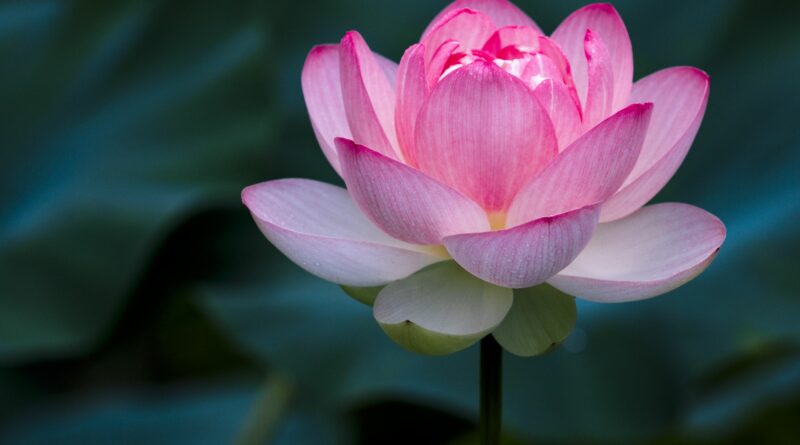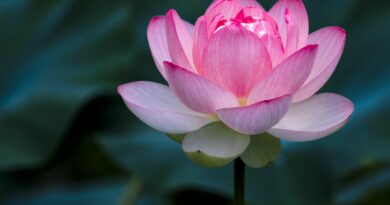21-30
MAIN CONTENT
21-30
21. Cutting no slack
Many monks and novices attending to Luang Pu late at night in Chulalongkorn Hospital were perplexed and amazed when they noticed that on some nights, well after 1:00 a.m., they could hear Luang Pu explaining the Dhamma for about ten minutes and then chanting a blessing, as if there were large numbers of listeners right in front of him. At first, no one dared ask him about this, but after it had happened many times they couldn’t contain their doubts, and so they asked.
Luang Pu told them,
“These doubts and questions are not the path for practicing the Dhamma.”
22. Frugal with his words
A large group of Dhamma practitioners from Buriram province—headed by Police Lieutenant Bunchai Sukhontamat, the provincial prosecutor—came to pay their respects to Luang Pu, to listen to the Dhamma, and to ask questions about how to progress further in their practice. Most of them had practiced with all the famous ajaans, who had explained the practice in a variety of ways that weren’t always in line with one another, and this had caused them more and more doubts. So they asked Luang Pu’s advice as to the way of practice that was correct and easiest, as they had difficulties in finding time to practice. If they could learn of a way that was really easy, it would be especially right for them.
Luang Pu answered,
“Watch the mind right at the mind.”
23. Simple, but hard to do
The group of Duangporn Tharichat from the Air Force Radio Station 01 in Bang Syy, headed by Akhom Thannithate, came to the northeast to present group donations and to pay their respects to the ajaans in the various monasteries. When they stopped off to pay respect to Luang Pu, they presented their donations and received small mementos. After that, some of them went shopping in the market, while some of them found a place to rest. However, there was one group of about four or five people who stayed behind and asked Luang Pu to advise them on a simple method to get rid of mental distress and depression, which was a constant problem for them. What method, they asked, would give the quickest results?
Luang Pu answered,
“Don’t send your mind outside.”
24. Throw it away
A lady professor, after hearing Luang Pu give a talk on Dhamma practice, asked him the proper way to “wear suffering” [the Thai idiom for observing a period of mourning]. She continued, “These days, people don’t wear suffering in the correct way or in line with a common pattern, even though King Rama VI established a good standard in the time of his reign. When a member of your immediate family or a senior member of your extended family died, the pattern was to wear suffering for seven days, 50 days, or 100 days. But nowadays people don’t follow any pattern. So I’d like to ask you: What is the correct way to wear suffering?”
Luang Pu answered,
“Suffering is something to be comprehended. When you comprehend it, you let it go. Why would you want to wear it?”
25. A truth in line with the truth
A Chinese lady, after paying her respects to Luang Pu, asked him, “I have to move to Prakhonchai District in Buriram Province to set up a store near my relatives there. The problem is, my relatives have been recommending that I sell this, that, and the other thing in the store, in line with their opinion as to what would sell well, but I can’t make up my mind as to what would be good to sell. So I’ve come to ask your advice as to what would be good for me to sell.”
Luang Pu answered,
“Anything is good to sell, as long as there are people to buy it.”



